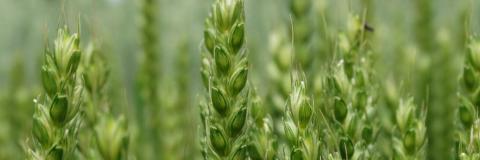Access the knowledge bank HERE.
The documents can be searched online and also downloaded. This service is provided Free of Charge and has kindly been supported by The Chadacre Trust, The Felix Cobbold Trust, AFCP, The Perry Foundation, The Douglas Bomford Trust and The Morley Agricultural Foundation.
The Weed Research Organization opened in 1960 and closed in 1986. Information on the setting up and closure of the station is in the first and tenth station reports. The WRO archive contains all the technical reports produced. These were mainly the results of glasshouse screening evaluations of herbicides but covered a wide range of other topics, including growing different weed species for experimental purposes, design of rain simulators, aquatic weed control and weed surveys. The remainder of the archives cover the ten WRO station reports, covering results of research and activities of the various sections. They also include a record of published papers by WRO staff. Most reports also include overviews of key research. The overviews are detailed in the search page but subjects of current research in the station reports can be identified by a page search.


